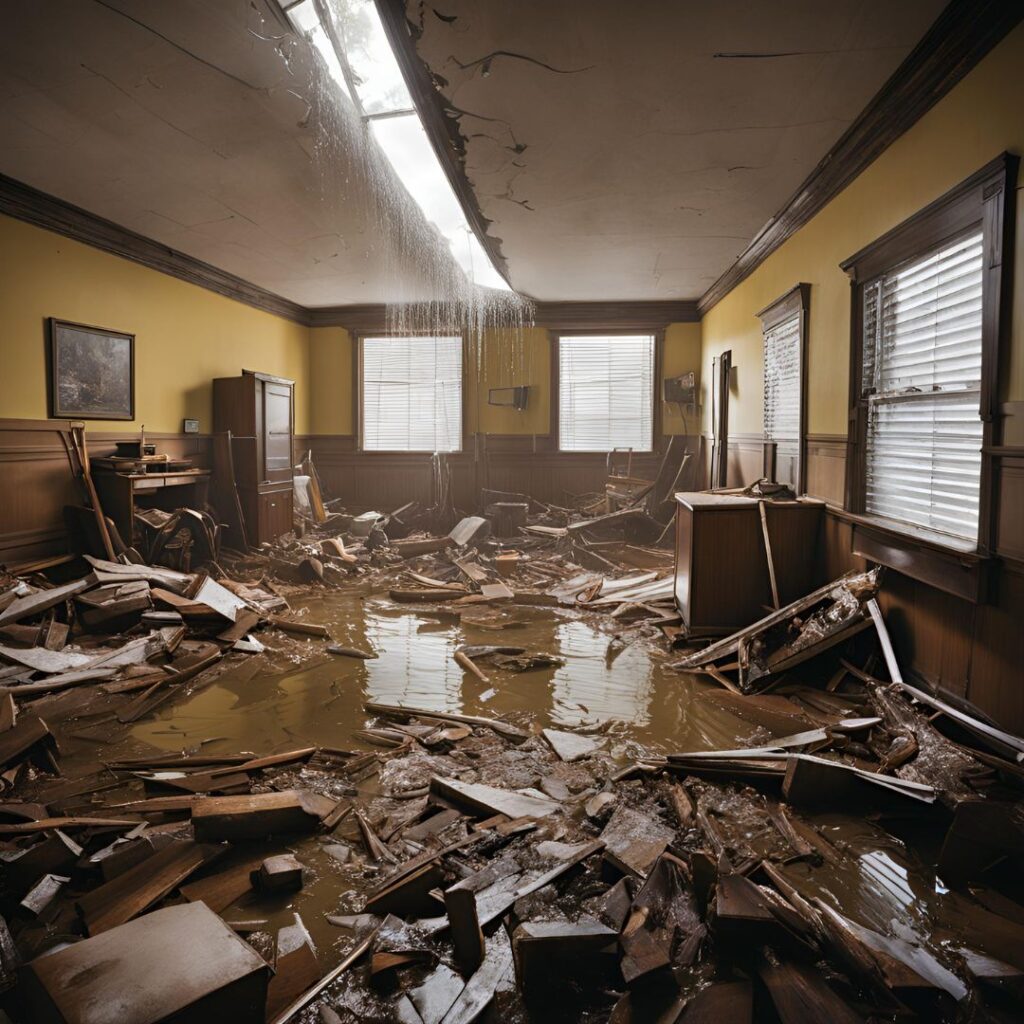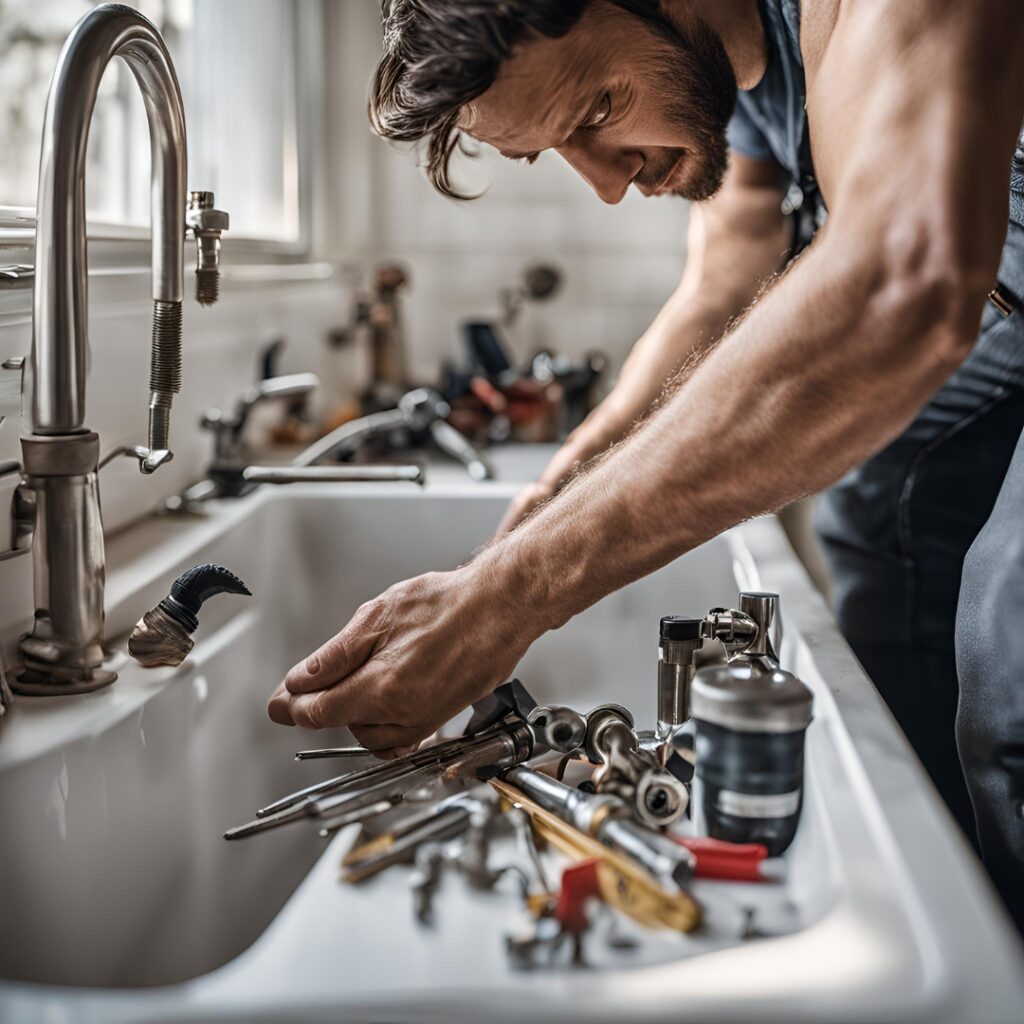What You Should Do in a Plumbing Emergency: A Complete Guide


Plumbing emergencies can strike at any time, and when they do, they often bring chaos, stress, and potential damage to your home. Whether it’s a burst pipe, a clogged drain, or a malfunctioning water heater, dealing with plumbing emergencies effectively can save you thousands in repairs and prevent further damage.
In this comprehensive guide, we’ll walk you through everything you need to know about handling a plumbing emergency—what steps to take, what mistakes to avoid, and how to prevent common plumbing issues from becoming disasters. By the end of this post, you’ll be equipped with the knowledge and confidence to manage any plumbing emergency like a pro.
Why Plumbing Emergencies Are a Big Deal
No one ever plans for a plumbing disaster, yet they are one of the most common household emergencies. According to the Insurance Information Institute, water damage and freezing pipes alone account for billions of dollars in property damage every year. When you’re facing a plumbing emergency, time is of the essence. Acting quickly and effectively can save you from significant water damage, mold growth, and structural problems that can arise from undetected leaks.
This guide is designed to help you handle these high-pressure situations with ease, minimizing the impact on your home and your wallet.
Understanding Common Plumbing Emergencies
Before diving into what you should do during a plumbing emergency, it’s essential to recognize some of the most common plumbing crises that homeowners face.
Burst Pipes
A burst pipe can occur suddenly, often due to freezing temperatures or aging pipes. This is one of the most serious plumbing emergencies as it can flood your home and cause significant water damage in a very short amount of time.
Clogged Drains and Toilets
Clogs are often more of an inconvenience than a true emergency, but if a clogged drain or toilet is causing water to back up into your home, it can escalate quickly. Water damage, foul odors, and even raw sewage backup are all risks with a severe clog.
Leaking Faucets and Pipes
A slow leak may seem harmless, but it can quickly cause mold growth, water damage, and increase your water bill. Identifying and addressing these leaks early can save you money and hassle.
Water Heater Failures
A malfunctioning water heater can leave you without hot water, which is more than just an inconvenience. In some cases, faulty water heaters can cause leaks or bursts, posing a risk of flooding.
Sewer Line Backups
Sewer line issues are particularly hazardous. When the main sewer line becomes clogged or damaged, waste and wastewater can back up into your home, potentially causing health hazards and serious water damage.
Step-by-Step Guide to Handling a Plumbing Emergency
Knowing what to do in the heat of the moment can make all the difference. Follow this step-by-step guide to handle plumbing emergencies effectively.
Step 1: Identify the Problem
The first step is to assess the situation and identify what’s going wrong. If it’s a burst pipe, water will often be flowing freely, and you’ll likely hear or see significant flooding. For clogs, the issue may be more localized to a single drain or toilet. Leaks may require you to look under sinks or behind walls to locate the source.
Take a deep breath, stay calm, and quickly pinpoint where the problem is coming from. If you’re unsure, turn off the water supply and move to the next step.
Step 2: Shut Off the Water Supply
Shutting off the water supply is crucial in preventing further damage. Most homes have a main water shut-off valve, usually located near the water meter or where the water line enters your home.
- For burst pipes, shut off the main water valve immediately.
- For clogs, you may only need to shut off the water to the affected sink, toilet, or appliance.
- For leaks, isolating the area may be sufficient to prevent further flooding.
By turning off the water supply, you prevent additional water from exacerbating the situation.
Step 3: Contain the Issue
Once you’ve stopped the flow of water, try to contain the problem to limit damage. For burst pipes, use towels or rags to soak up any standing water. In the case of clogs, use a plunger or auger to attempt to clear the obstruction.
If the leak is coming from a pipe, consider using a pipe repair clamp or temporary sealant to minimize water flow until a professional plumber can arrive.
Step 4: Assess the Damage and Call a Professional
After containing the immediate problem, assess the extent of the damage. If the issue is beyond your ability to fix (like a burst pipe or major clog), don’t hesitate to call a professional plumber. A licensed plumber can identify the root cause of the problem, perform necessary repairs, and prevent the issue from recurring.
What NOT to Do During a Plumbing Emergency
While it’s essential to know what actions to take during a plumbing emergency, it’s equally important to be aware of the things you should not do.
Common Mistakes to Avoid
- Don’t ignore the problem: Even a minor plumbing issue can escalate if left unchecked. If you notice a leak or clog, don’t wait for it to “fix itself.”
- Don’t try to DIY everything: While small fixes like plunging a toilet or tightening a loose faucet may be within your skill set, some plumbing issues require professional intervention. Attempting complex repairs yourself can lead to further damage.
- Don’t use harsh chemicals: Chemical drain cleaners can damage pipes and create dangerous fumes, making the problem worse. Stick to safer alternatives like a plunger or a snake.
When to Call a Professional Plumber
While you can handle some plumbing emergencies on your own, there are times when calling a professional plumber is essential.
Recognizing Serious Plumbing Emergencies
- Burst or frozen pipes
- Extensive water damage
- Sewage backups
- Water heater leaks or malfunctions
- Sewer line issues
If you’re facing any of the above, contact a professional plumber immediately.
Finding a Trusted Plumber
Always have a reliable plumber’s contact information on hand. Look for licensed, insured professionals with good reviews. You don’t want to be scrambling for a plumber during a crisis, so it’s worth doing research in advance.
How to Prevent Plumbing Emergencies in the Future
Prevention is always better than cure. By regularly maintaining your plumbing system, you can avoid costly and disruptive emergencies.
Regular Maintenance Tips
- Schedule annual plumbing inspections.
- Check for signs of leaks or wear, especially in older homes.
- Clean your drains regularly to prevent clogs.
Seasonal Plumbing Care
- Insulate pipes during winter to prevent freezing.
- Turn off exterior water sources and disconnect hoses in colder weather.
Upgrading Aging Plumbing Systems
Older plumbing systems are more prone to failures. Consider upgrading pipes and fixtures to newer, more reliable models.
Frequently Asked Questions
First, shut off the water supply to the toilet. Then, try using a plunger or auger to clear the blockage. If the toilet continues to overflow, call a plumber to prevent further damage.
Signs of water heater failure include unusual noises, inconsistent water temperature, and water pooling around the unit. If you notice any of these signs, it’s time to call a plumber.
Insulate pipes in areas prone to freezing, such as basements and attics. Keep your home’s thermostat at a consistent temperature, even when you're not home, to avoid freezing pipes.
Plumbing emergencies are never convenient, but with the right knowledge and a calm approach, you can manage the situation effectively and minimize damage. Always know when to take action and when to call a professional. By preventing potential issues and staying prepared, you can avoid many common plumbing disasters before they start.
